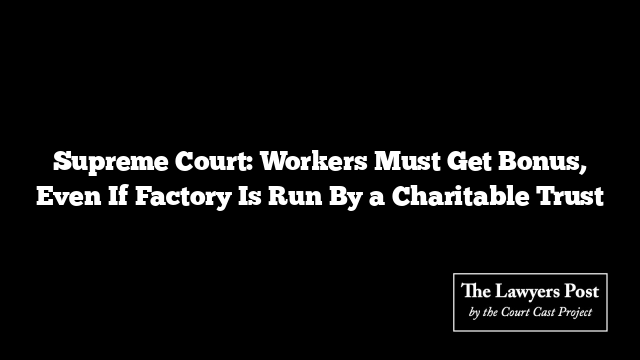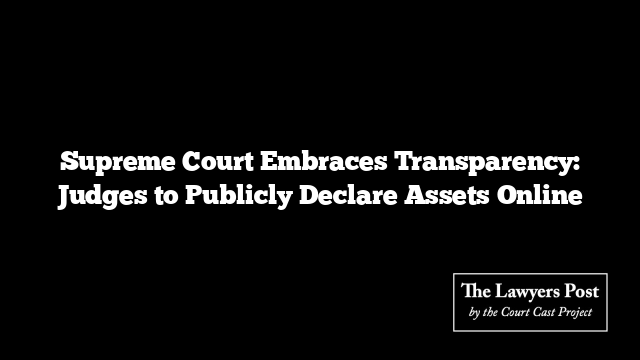Factories operating under charitable trusts cannot evade paying bonuses to workers, the Supreme Court has ruled, emphasizing that the Payment of Bonus Act, 1965, grants employees a statutory right to receive bonuses.
A dispute arose when a charitable trust, initially established to rehabilitate leprosy patients, expanded into commercial operations, including manufacturing automobile parts. Workers, many of whom were rehabilitated patients, sought bonuses under the Bonus Act. The trust, however, resisted, arguing that its affiliation with the Indian Red Cross Society and its nonprofit status exempted it from such payments under Section 32 of the Act.
The Supreme Court, rejecting these claims, underscored that merely sharing similar objectives with the Red Cross Society does not grant exemption. Once a charitable trust enters profit-driven factory operations, it is bound by labor laws.
The court firmly stated: “Just because such factories fall under the umbrella of a charitable trust does not mean workers can be denied their rightful bonus.” The judgment mandated that all outstanding bonuses be paid within a month, reinforcing that labor welfare laws must be interpreted in favor of workers.





